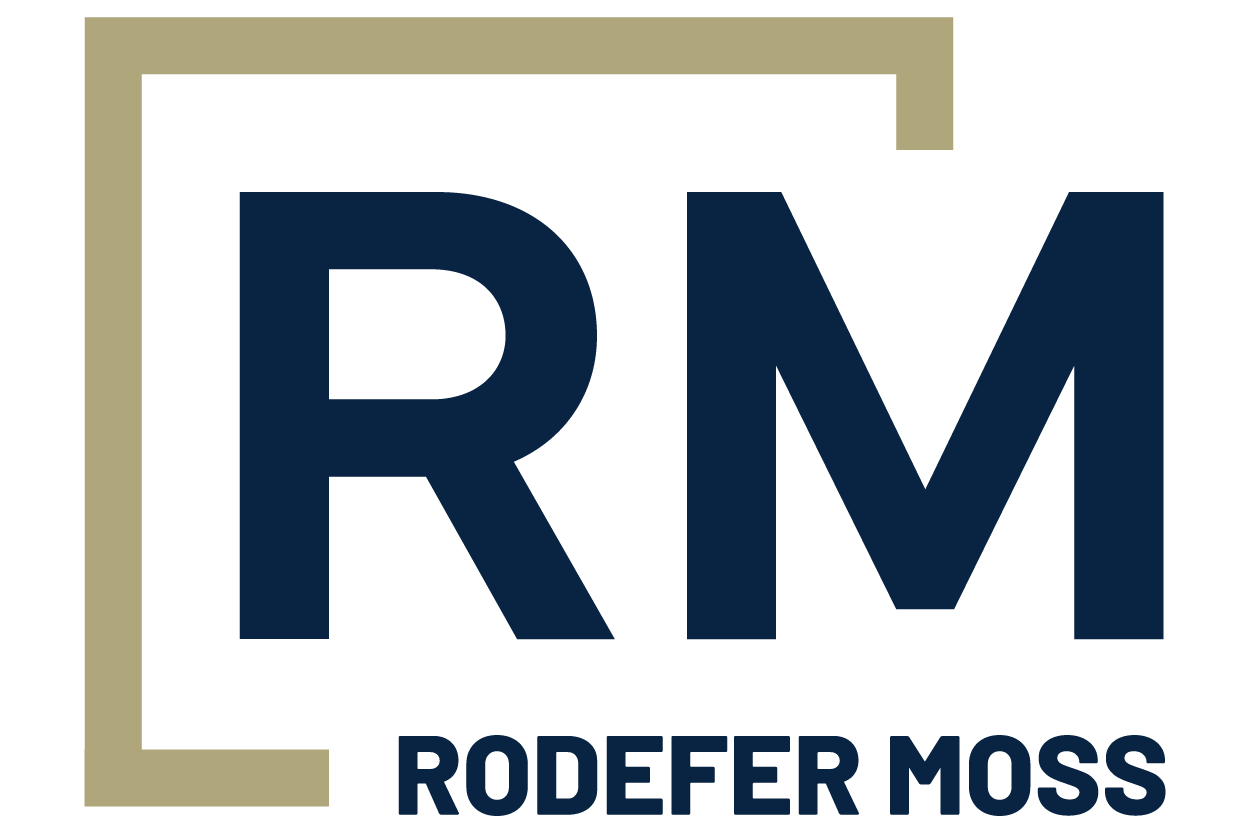.png)
“Gambling can turn into a dangerous two-way street when you least expect it. Weird things happen suddenly, and your life can go all to pieces.” -- Hunter S. Thompson, “gonzo” journalist and author of "Fear and Loathing in Las Vegas."
Tax cheating is one of the biggest gambles anyone can take. A roll of the dice that comes up snake eyes can lead to big fines, prison, or both.
As a practical matter, tax cheating is like any other form of crime in that the impact of tax fraud affects everyone else. For example, when people shoplift, the losses to a business inevitably raise prices for all customers. Tax fraud robs taxpaying Americans who are obeying the law. One way this happens is that cheating results in higher federal budget deficits, which leads to more borrowing, which leads to higher interest payments for taxpayers.
Temptations to beat the system extend to individual taxpayers, corporate and nonprofit employees and leaders, and dishonest tax preparers. Among these three groups, some may seek the same thrill sought by many gamblers as they try to beat the house. For others, it’s greed. Perhaps they rationalize their actions because they need the money. Some probably convince themselves they’ll pay it back later.
Aside from ruined reputations and destroyed lives, tax cheats also gamble time and money: time they may spend in prison and money they’ll be required to pay in restitution. A few recent examples:
- Nov. 8: An Enid, Oklahoma, woman pleaded guilty to willfully filing a false income tax return and other charges. She faces 13 years in prison and up to $500,000 in fines. The charges involved a scheme to defraud a YWCA and a Montessori school while serving in leadership positions for both organizations.
- Nov. 8: An Orange County, California, man was sentenced to 30 months in prison and ordered to pay nearly $759,000 in restitution for having prepared hundreds of fraudulent tax returns. The scheme involved inflating clients’ tax refunds (without their knowledge) and keeping the difference between the actual and inflated refunds.
- Nov. 7: A former Palm Beach County, Florida, resident faces the possibility of 13 years in jail for failing to report her interest on Swiss bank accounts, for not paying taxes on the interests and dividends she earned, failing to file tax returns for three years and other charges. A native of Chile, the naturalized U.S. citizen was extradited back to the U.S. from Italy, where she was living, to face the charges.
- Nov. 7: A federal jury found a Florida man guilty of a Racketeer Influenced and Corrupt Organizations Act conspiracy: he faces 20 years in prison. He and three other men operated fraudulent tax businesses that filed false tax returns in thousands of individuals’ names. The IRS says the fraud attempted to obtain more than $16 million.
- Oct. 31: a Cheshire, Connecticut, woman who worked as office manager for a family-owned construction business pleaded guilty to fraud and tax offenses; among them, that she made false entries in the company’s payroll and accounting systems that resulted in hundreds of bogus checks made out to her personally or as petty cash. She also didn’t pay nearly $240,000 in income taxes on the fraudulently-obtained income. She faces up to 25 years in prison.
Individual taxpayers make a personal decision to spin the legal roulette wheel, hoping whatever numbers they hit, the IRS won’t come looking for them.
Businesses are often the target of employees who are either criminals when they arrive or become criminals when they spot opportunity. This is why businesses must prioritize using internal controls and best practices to collect, manage, spend and save money.
A great shock for too many taxpayers is learning that the tax preparer in whom they put their confidence is a crook. Just as not all physicians, attorneys, plumbers, electricians – or anyone else – are alike, neither are tax preparers. But how can you know? Investigation and research are your allies. Consumer Reports has an excellent article on its website titled “How to Find a Reliable Tax Preparer.” Take the time to learn about whom you’re hiring; otherwise, the costs could go beyond money to disrupting your entire life.
Playing chicken with the IRS by gambling you won’t get caught is indeed a dangerous two-way street, as described by Hunter Thompson. Don’t take the risk: when it comes to taxes. Deal off the top of the deck.
This article first appeared in Knox News.

